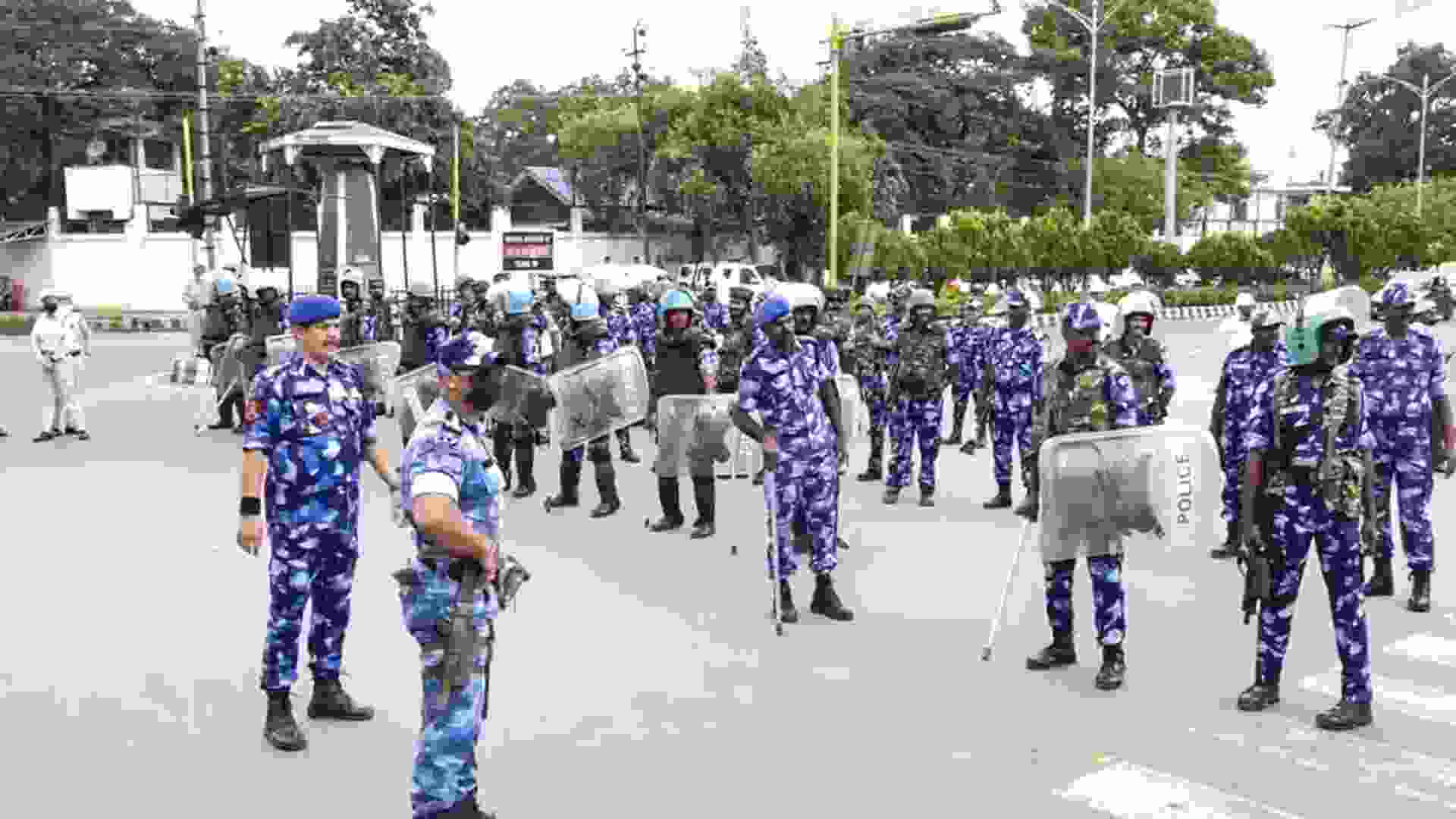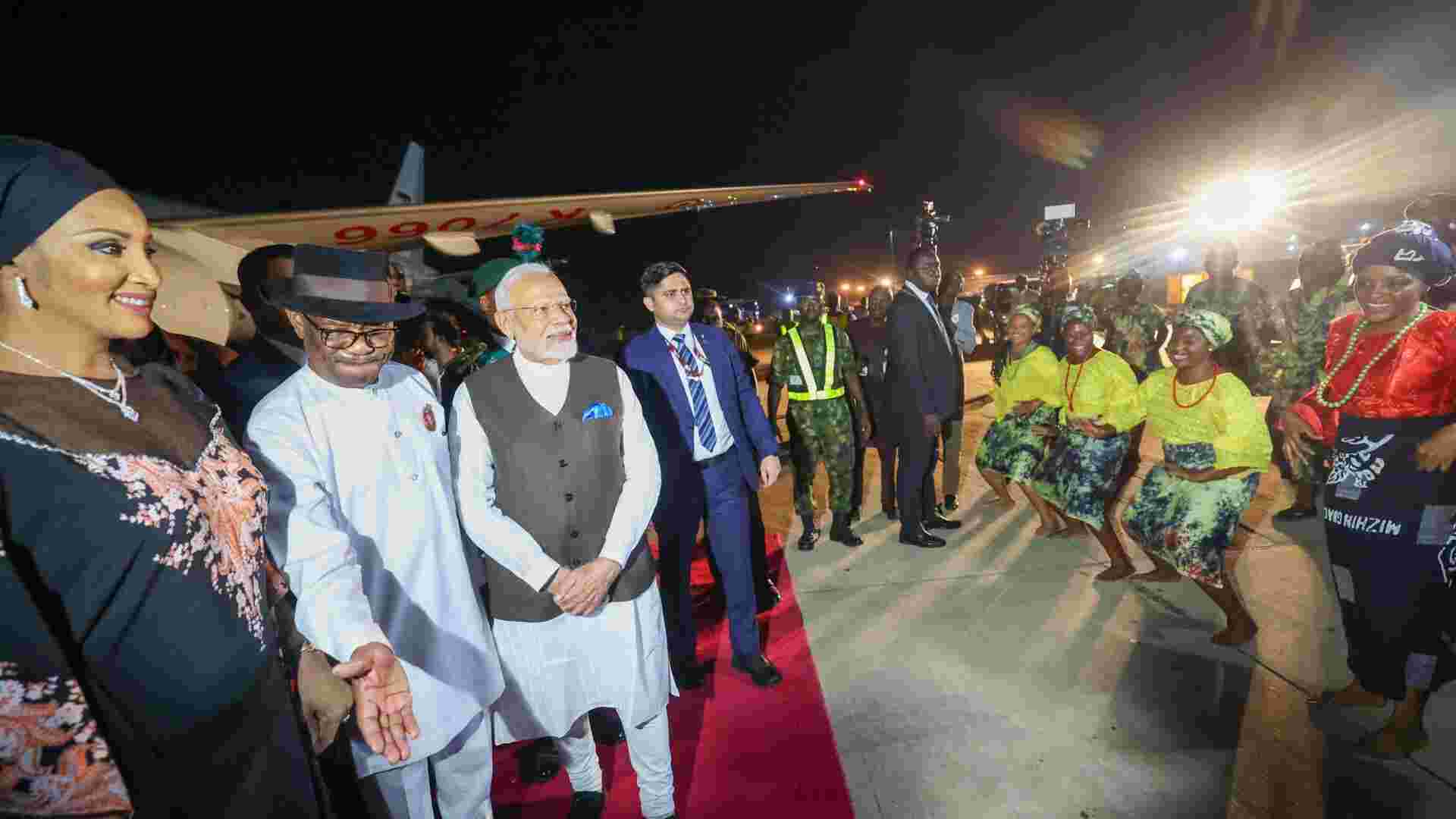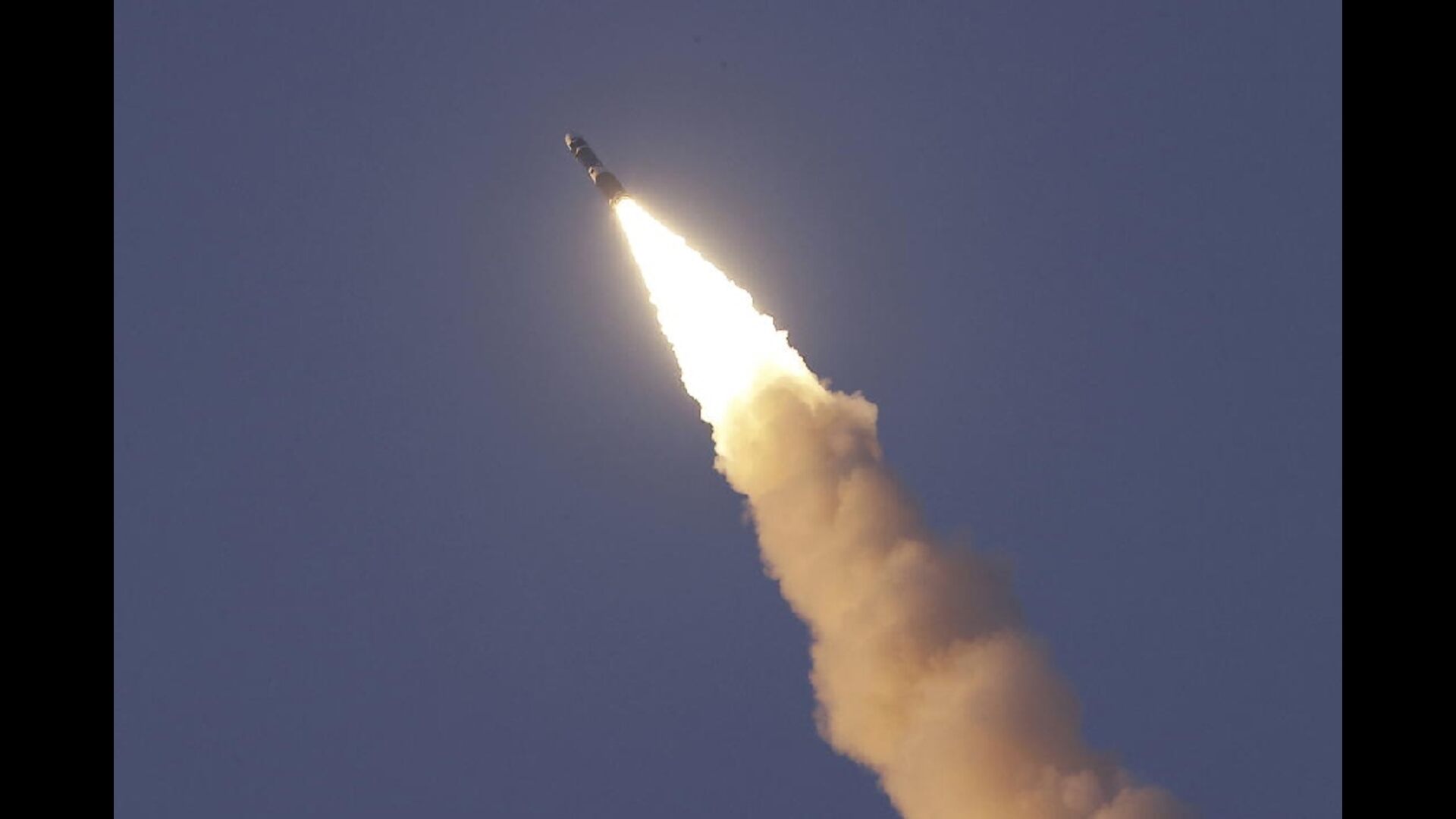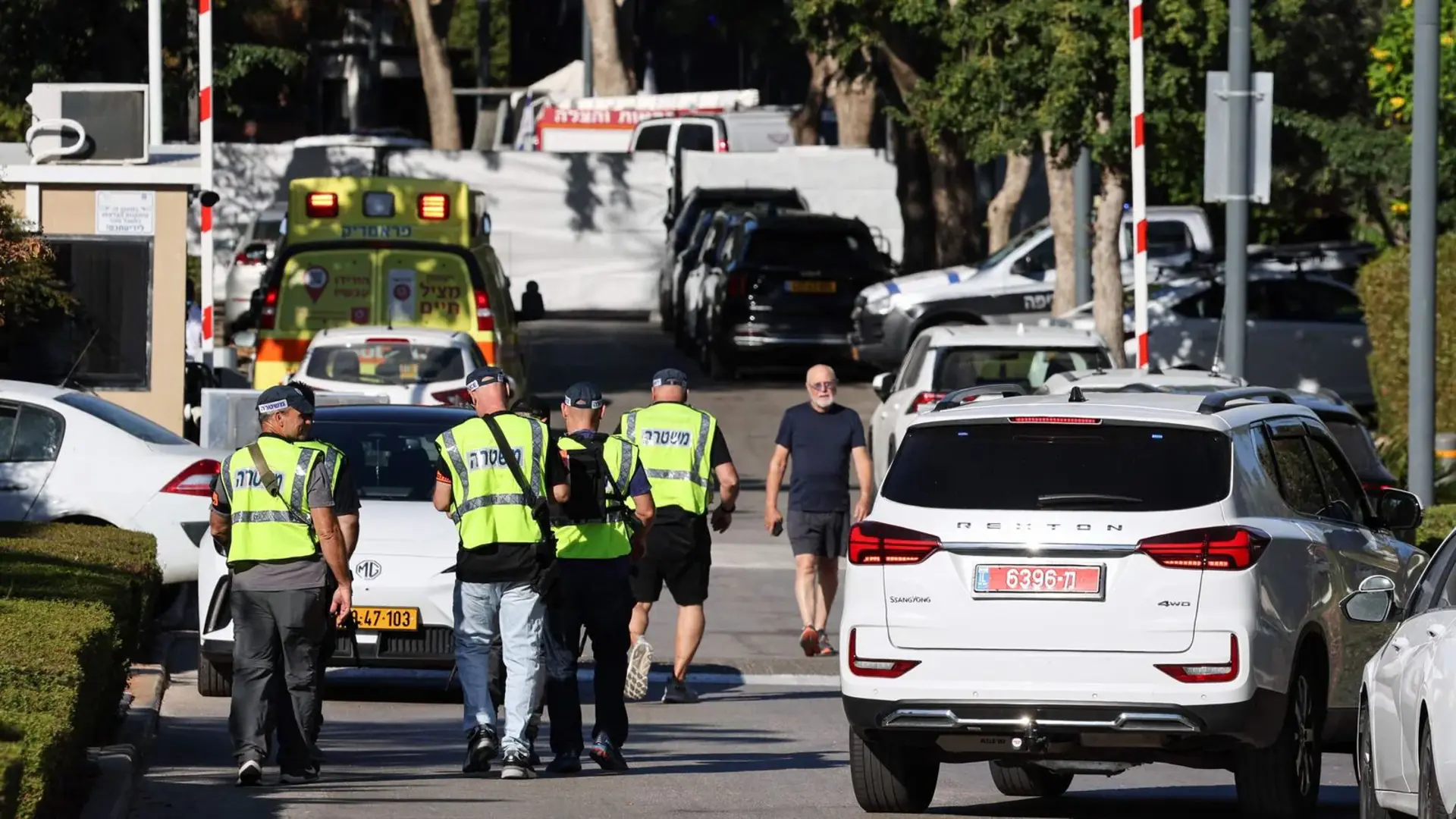On the sidelines of the recently concluded UN Security Council’s Counter-Terrorism Committee (CTC) held in Delhi and Mumbai, the city that faced the horrific 26/11 terror attacks, US representatives, including Secretary of State Antony Blinken—him through video conferencing—spoke against China’s repeated blocking of attempts made by the US and India to blacklist Pakistani terrorists. At the meeting there was also much talk about prosecuting the perpetrators of the 26/11 attacks being a “high priority” for the US, as even American citizens were killed in it. It’s all very fine. But the problem starts when such statements are seen in conjunction with Pakistan being brought out of the grey list of the Financial Action Task Force. As External Affairs Minister S. Jaishankar pointed out in the meeting, “the key conspirators and planners of the 26/11 attacks continue to remain protected and unpunished”, obviously in Pakistan. The same Pakistan that the global counter terror and money laundering watchdog, Financial Action Task Force (FATF), had claimed “clean enough” for it to be brought out of FATF’s grey list. As money starts flowing back into Pakistan, the terror funding machinery starts getting oiled and the whole cause of countering terrorism, for which the UNSC committee had gathered in India last week, stands defeated. Even otherwise, when Pakistan was on the grey list, except on paper it had done nothing for it to merit coming out of the grey list. If the incarceration of Hafiz Saeed was seen as action taken against notorious terrorists, it is well known that Saeed’s prison life was only in name. He was roaming around freely even when “in prison”. It’s the same story with all the notorious terrorists supposed to be in Pakistani prisons. In 2020, the then Pakistan Prime Minister, Imran Khan, had admitted during a visit to the US that 30,000-40,000 terrorists were operating from Pakistani soil at that point of time. Are we to believe that all these terrorists have vanished in these two years and Pakistan has turned a new leaf? But then Pakistan has been smart enough to gull the United States into believing that starved of funds it would implode, which would risk the falling of its nuclear arsenal in the hands of the radicals. It’s a given that without a nod from the US, the FATF wouldn’t take the big step of bringing Pakistan out of the grey list. Then of course there is the deal factor—as in the sort of a deal that Pakistan has been able to cut with the US. It is definitely helping the US retain a foothold in the Af-Pak region after the US’ ignominious exit from Afghanistan in 2021—a manifestation of which is Pakistan offering its airspace to the US for bombing Al Qaeda chief Ayman Al Zawahiri. Ironically, the nature of the Pakistan establishment is such, that sooner than later it will act against US interests. And then there is of course the China factor, the puppet master of Islamabad/Rawalpindi GHQ. The US will learn the hard way how closely entwined Pakistan is with its “iron brother” China, the country that wants to dislodge the US as the world’s number one power. Amid this the question arises about why India was not able to present a convincing case against Pakistan at the FATF.
In short, all these meetings and declarations on counter terrorism do not have any meaning unless some of the players involved stop playing their little games for their own gains. There has to be a recognition that terrorism is a major threat and the civilised world can do more than pay lip service to countering it. As else, these meetings will turn into mere get-togethers, without any impactful action.
Joyeeta Basu















